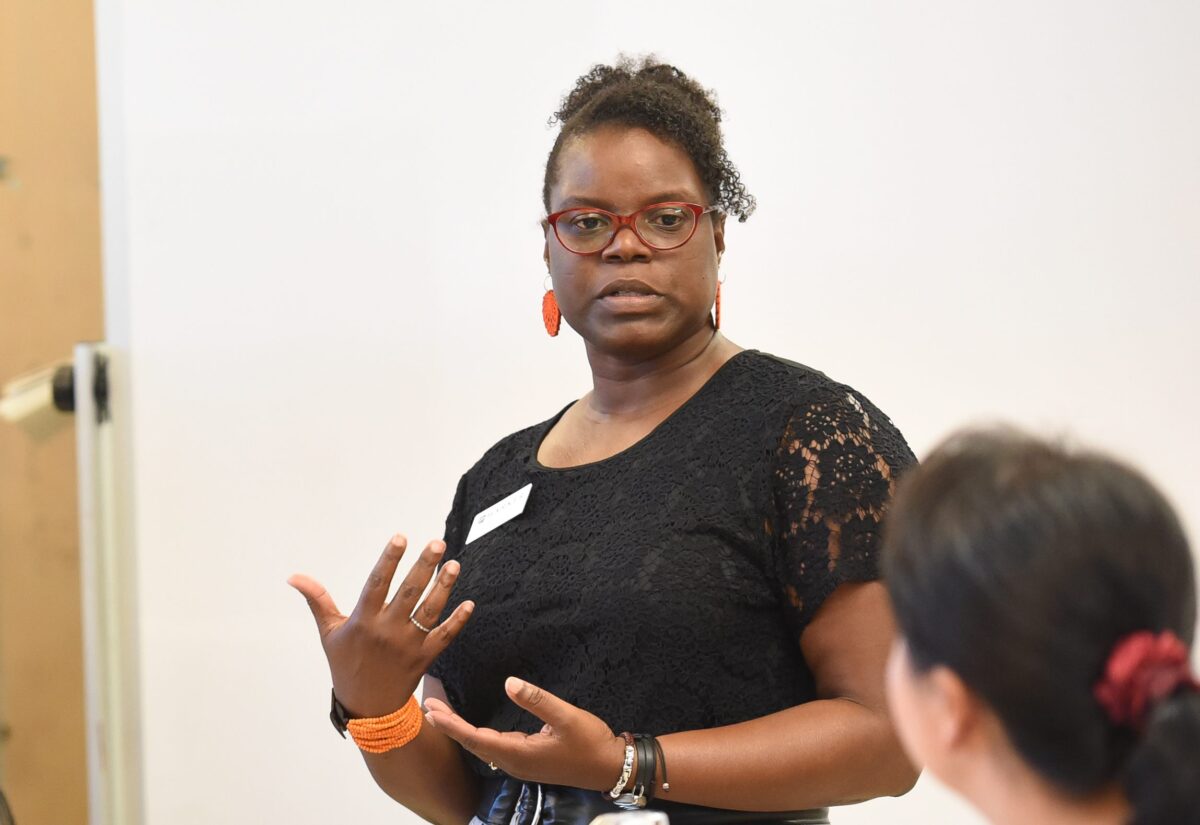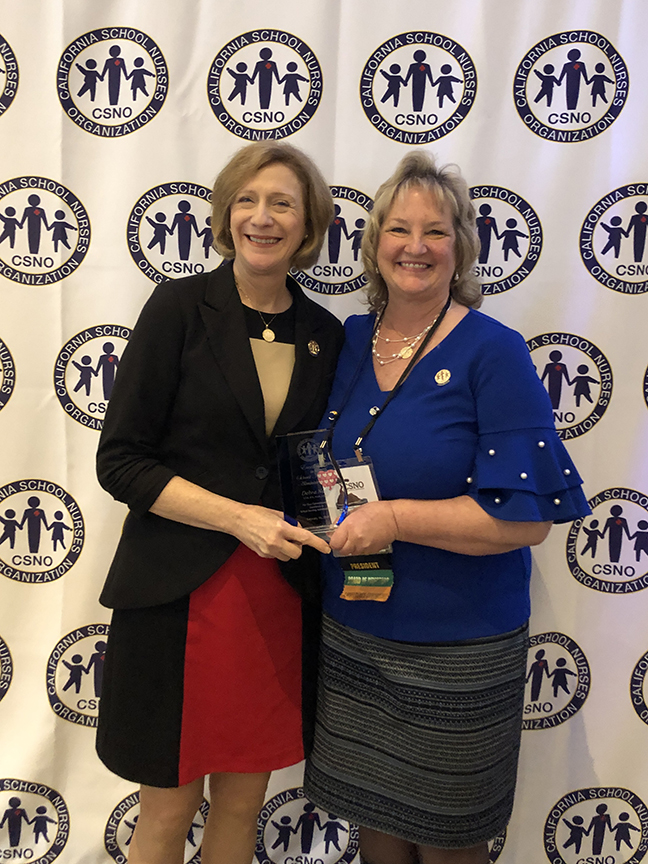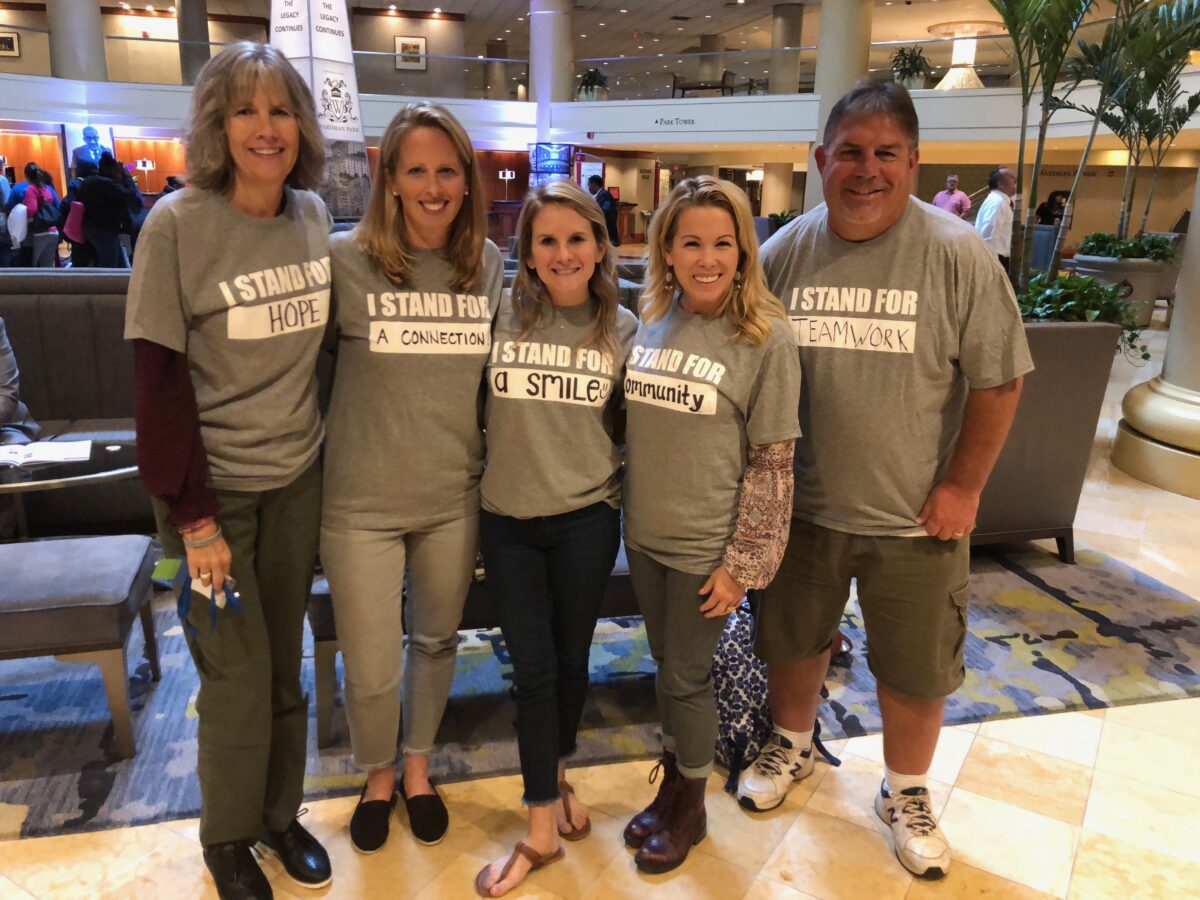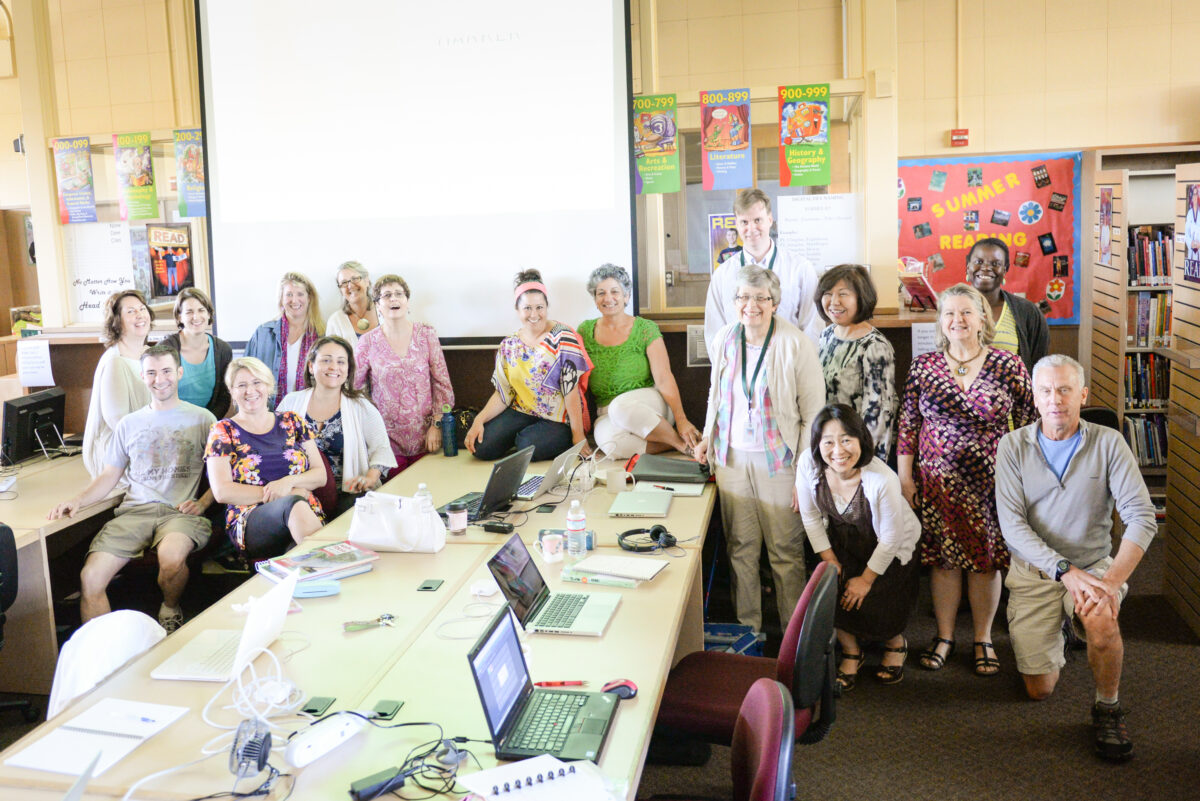topfaculty
Middle school LID director among first-ever recipients of CSTA Equity Fellowship
Abigail Joseph, the middle school’s learning, innovation and design (LID) director, was named one of the first-ever recipients of the Computer Science Teachers Association’s Equity Fellowship.
Debra Nott, Harker’s director of nursing, earns statewide award
Vegesna Foundation grants help empower students, expand focus on character and core learning strengths and open up new literary worlds
Each year, a number of Harker teachers are awarded grants to further their teaching skills thanks to the Raju and Bala Vegesna Foundation’s Teacher Excellence Program at Harker and here is the summary of their efforts.
Faculty retreat encourages Harker community to celebrate ‘Earth Day Every Day’
A special Faculty Retreat was held on Feb. 9 to promote sustainability principles and practices among Harker faculty. The event – organized by Harker’s Sustainability Committee – featured talks and activities regarding Harker’s future plans to reduce waste and emissions and what actions can be taken by the entire community.
Middle school math teacher wins Edyth May Sliffe Award
Middle school math teacher and department chair Vandana Kadam was awarded the Edyth May Sliffe Award for Distinguished Teaching in Middle School and High School.








